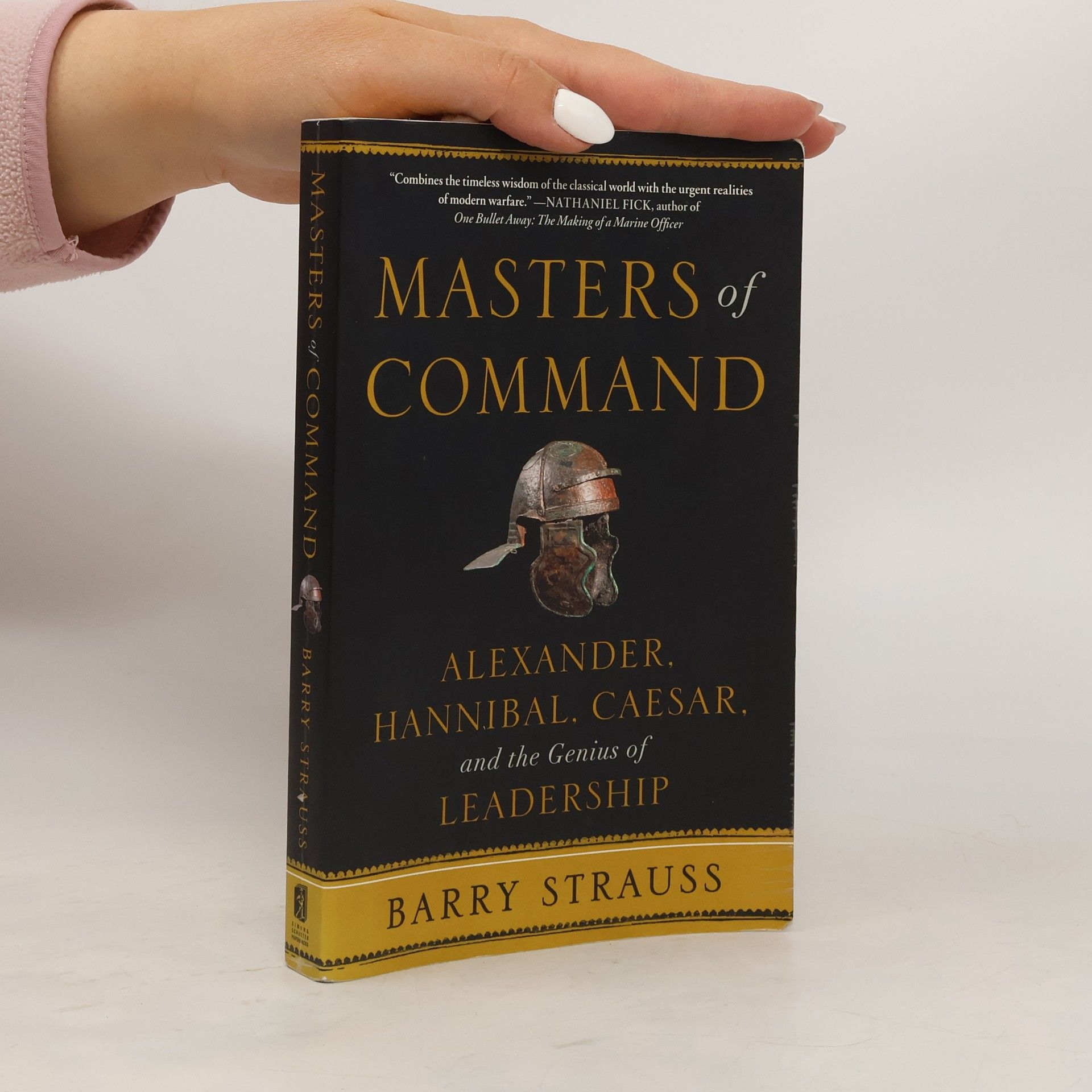Masters of Command
Alexander, Hannibal, Caesar, and the Genius of Leadership
- 320pages
- 12 heures de lecture
Focusing on the military strategies and leadership styles of Alexander the Great, Hannibal, and Julius Caesar, this book offers a comparative analysis of their approaches to warfare. It delves into their unique tactics, the historical contexts of their campaigns, and the lasting impact of their command on military history. Through detailed examination, readers gain insights into what made each general a master of their craft, highlighting their innovations and the challenges they faced in battle.


